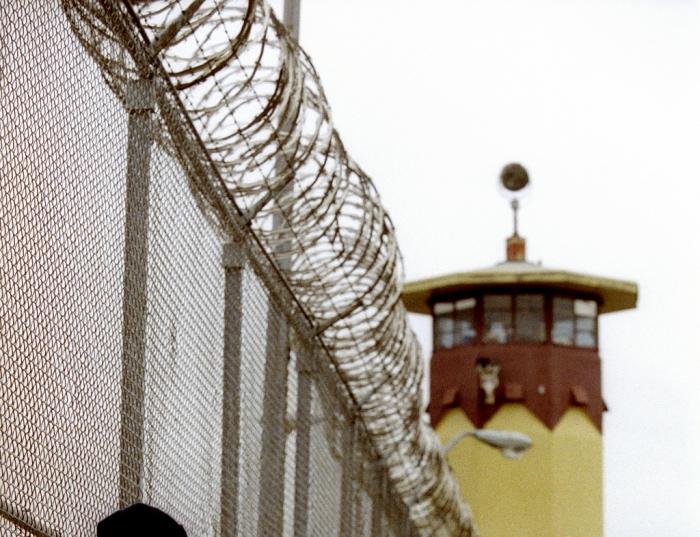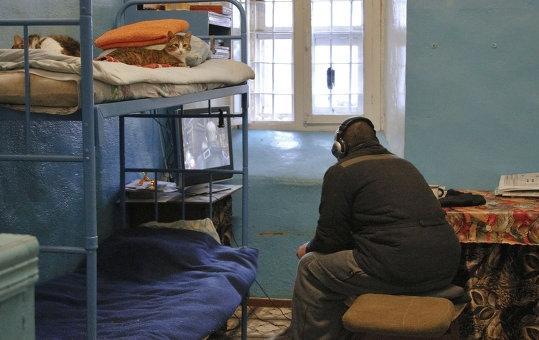The penitentiary system is a combination of various measures taken in correctional institutions with the aim of re-educating prisoners. Also under this definition is understood the state institution responsible for the execution of criminal sentences.

The first institution in which imprisonment was based on the principles of correction appeared in the seventeenth century in Denmark by order of the King Christian. It was a shelter for juvenile delinquents. In the same century, such establishments began to appear in the largest cities of Italy and Germany. A century later, in England and North America, then the colony of the British crown, the penitentiary system was born. A prison society in Pennsylvania was created in 1776, reformed in 1833. It exists today. The members of this society belonged to the Quaker religious community and did everything possible to induce the offender to repent - in particular, encouraged self-contemplation, daily reading of the Bible. But practice has shown that such a prison system most often did not bring the expected effect. The exception was those few cases when prisoners were disposed to correction.

The penitentiary system in the USSR and in the Russian Federation in the early nineties was controlled by different departments. But this was so until the execution of sentences became the main function of the GUIN of the Ministry of Internal Affairs. In 1997, the Russian prison system came under the control of the Ministry of Justice. Today in the Russian Federation there are up to 800
correctional colonies, about 230 pre-trial detention centers, seven prisons, 62
colonies for minors.Social work in the penitentiary system includes two main aspects: psychological and legal. It is worth considering each of them.
Legal support is one of the main
functions of a social worker. It often happens that representatives of the prison administration have negative stereotypes regarding prisoners. Also to this day, cases of the use of free labor in prisons are not uncommon. Violation of the rights of convicted persons does not at all contribute to their correction. Moreover, in countries where the treatment of prisoners is based on humanism, there are far fewer repeat offenders. In re-education, labor is less effective than education. This was proved by Daniel Glaser, a famous American scientist. In his opinion, in the process of re-education it is necessary to use teaching methods, since continuing education significantly reduces the risk of relapse.
The psychological aspects of social work in prison are just as important as the legal ones. For the first time getting behind bars, a person feels discomfort and tension, which often translates into the commission of new crimes. The risk of getting a mental trauma in a convict is 15% higher than in the wild. After five to eight years of “imprisonment” in the human mind, irreversible changes most often appear. Therefore, in correctional institutions it is necessary to create services with a staff of qualified psychologists and other social workers.
The modern Russian penitentiary system is still far from helping convicts to take the true path. For example, everywhere in places of deprivation of liberty, sanitary and hygienic standards are neglected. But there are already positive changes in this area.